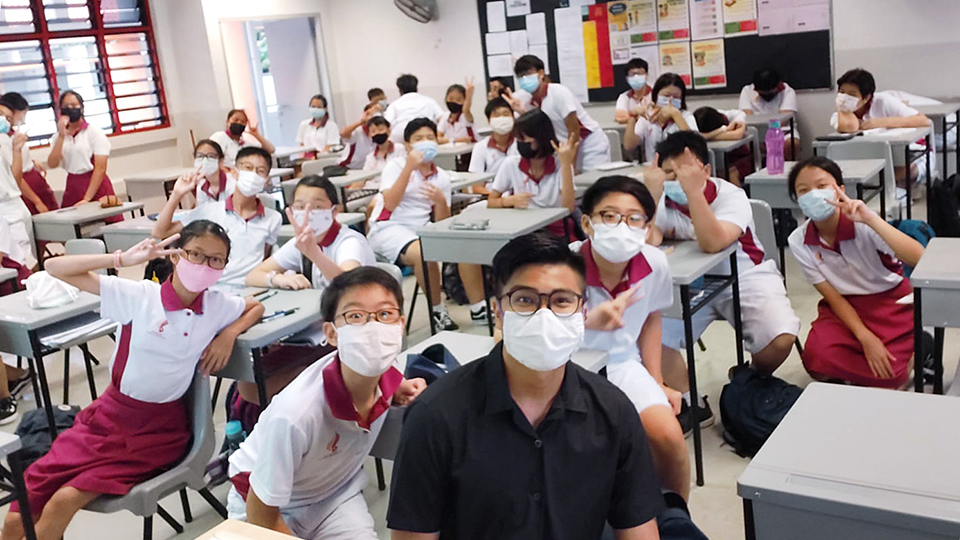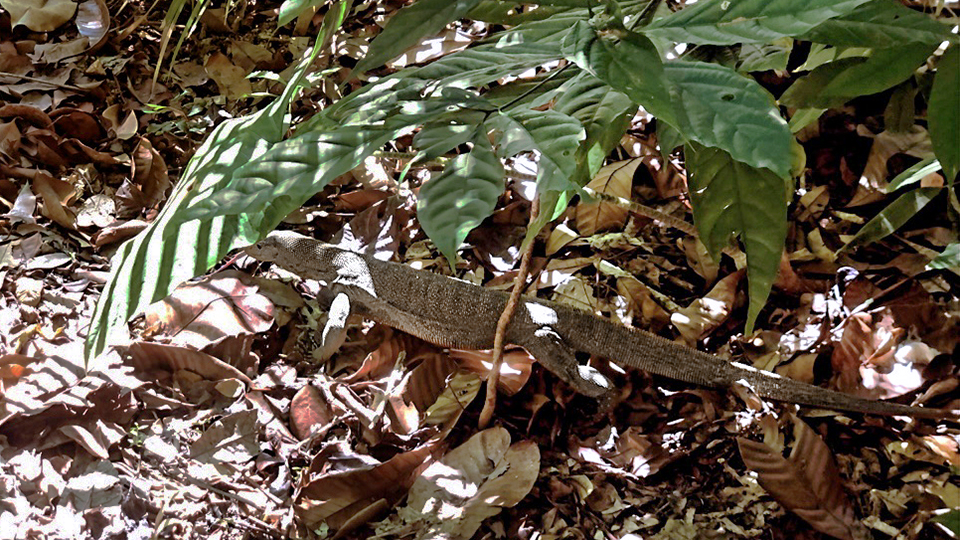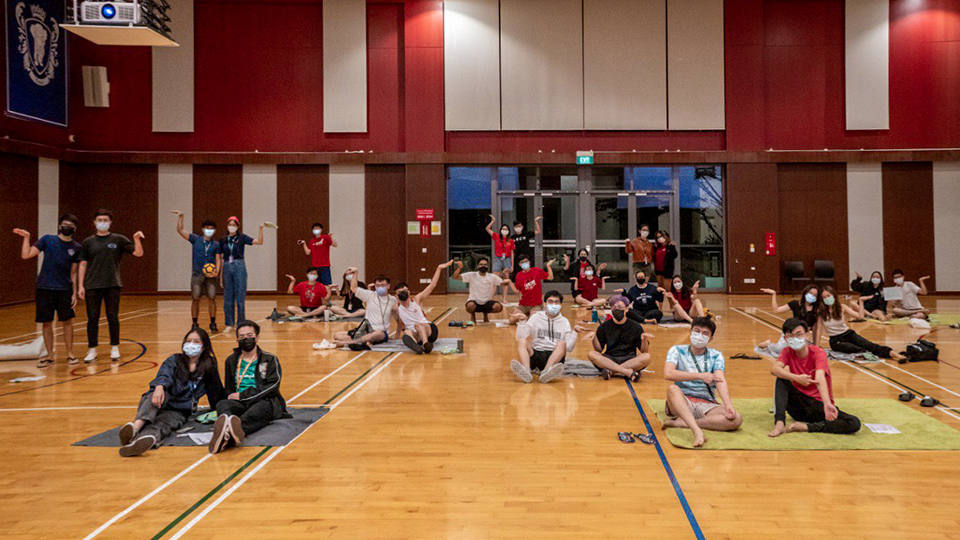Politics and policy are topics that have fascinated Danial Asyraaf Bin Idris since he was young, but if you asked the 21-year-old to pick a cause that he is truly passionate about, he would point to socioeconomic inequality.
During his junior college days at Raffles Institution, Danial and his friends co-founded Project Rostra. Working together with a non-governmental organisation, Children-At-Risk Empowerment Association (CARE Singapore), they designed a programme which taught public speaking to underprivileged at-risk secondary school pupils. However, teaching them self-confidence and presentation skills wasn’t good enough, it also had to be entertaining.
“We helped to boost their confidence through training in articulation and body language. But the main goal was to engage the kids in something productive after school, for as long as possible,” he explains.
After graduating from junior college, he took up a teaching internship with the Ministry of Education (MOE). The experience was particularly eye-opening.
 Danial pictured with his students during his MOE Teaching Internship
Danial pictured with his students during his MOE Teaching Internship
“In JC, most of my classmates were well-to-do. As a teacher, I met students from many different backgrounds. Some struggled to afford uniforms. Some had to work part-time because of their family situation,” he recounts.
Home-based learning necessitated by COVID-19 proved to be an even greater challenge. Some of the students did not have laptops, while others had lacked a stable Wi-Fi connection or a conducive home environment.
“Imagine if you have four siblings, and your parents are also trying to work from home at the same time,” he explains. “I recall some of the full-time teachers feeling very stressed about it.”
These experiences gave him an acute awareness of the immense disparity that separates the haves from the have-nots.
“I think it’s good to have empathy when students don’t do well at school. It’s not always their fault, it could be a product of circumstance.”
An ambition to bridge this gap is why Danial was drawn to the Politics, Philosophy and Economics (PPE) course at NUS College of Humanities and Sciences (CHS). After all, inequality is complex and the course offers different perspectives for understanding the issue.
“Economics helps a lot because obviously, economic inequality exists. Then, politics allows you to look at how governments deal with inequality. Then, philosophy comes into play because there’s also a moral dimension – why does it exist and is it an ethical issue?”
Although only in his first semester at NUS, his course has already given him insight into problems he had not previously considered in depth – like gender inequality.
“In our class, we got to read an analysis of gender and family policy in Singapore which was immensely interesting.”
He even found himself in one of the oldest remnants of primary rainforest in Singapore for Scientific Inquiry, a CHS module.
 A monitor lizard spotted on Danial’s Scientific Inquiry field trip
A monitor lizard spotted on Danial’s Scientific Inquiry field trip
“One of our assignments was to do an ecological field trip to a nature reserve and a nature park to collect data and compare the differences in biodiversity and land use in the two areas.
I visited the Singapore Botanic Gardens’ Rain Forest Walking Trail for my field trip and saw this monitor lizard!”
As students progress into Years 3 and 4 at PPE, they will be able to explore integrated modules, where they have the flexibility to mix economics with politics, for example, or combine their knowledge of philosophy with different theories of economics.
For Danial, this is a key draw because he hopes to apply what he learns, possibly as a teacher in the future.
For now, he is enjoying the vibrant campus life at Tembusu College, where his NUS Merit Scholarship guarantees two years of accommodation and a semester abroad.
“We have a really interesting Tembusu Junior Seminar that’s just about fakes, it looks at everything from conspiracy theories, to fakes in the luxury goods market, to fakes in the animal kingdom.”
In just one semester, Danial has dabbled in organising the Tembusu Tancho House Trivia Night and has signed up for Polity, Tembusu’s current affairs and politics interest group, where he is devoting time and effort towards raising awareness of socio-political issues.
 Danial (first from left) at Tembusu Tancho House Trivia Night
Danial (first from left) at Tembusu Tancho House Trivia Night
One way that Polity achieves this is by organising events where prominent external speakers are invited to share their perspectives on a host of subjects from COVID-19 to economics. Ministers and professors are already a mainstay at these events, but Danial hopes to include more voices on the ground, from social workers and activists.
“I think it would be interesting to get people who work on the ground with migrant workers or gender issues, to hear their take on the issues.”
Although COVID-19 has put a temporary stop to many activities both in and out of campus, he hopes to resume his teaching work this year, and has already signed up for the TMentor interest group at Tembusu College. The programme pairs NUS undergraduates with secondary school students in need of guidance from a mentor.
“What I enjoy about teaching is when students enjoy the lessons and feel motivated to learn on their own. It’s not about what they learn about the particular subject, but how they grow because of you. That’s what keeps me going.”